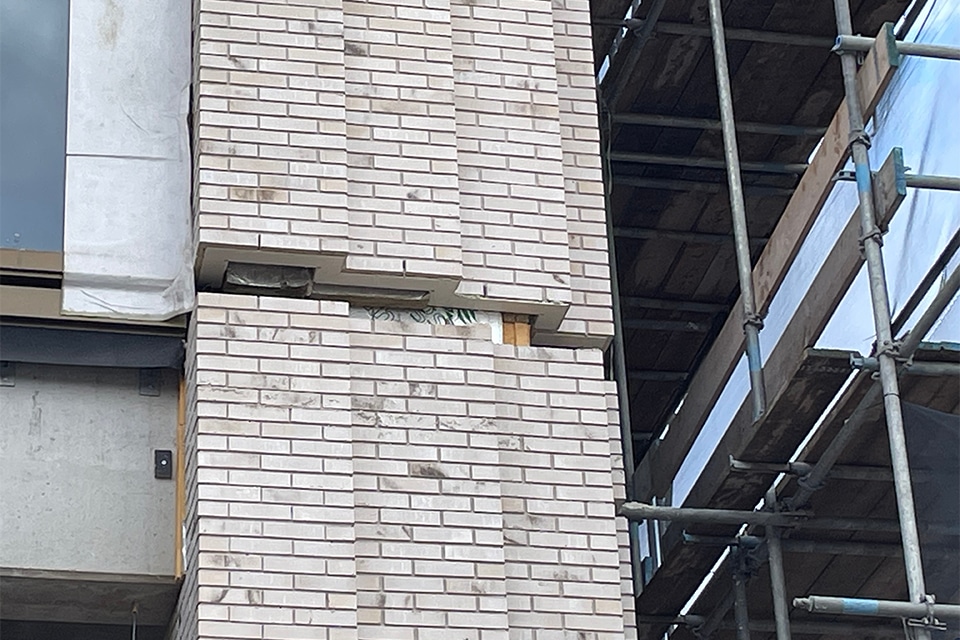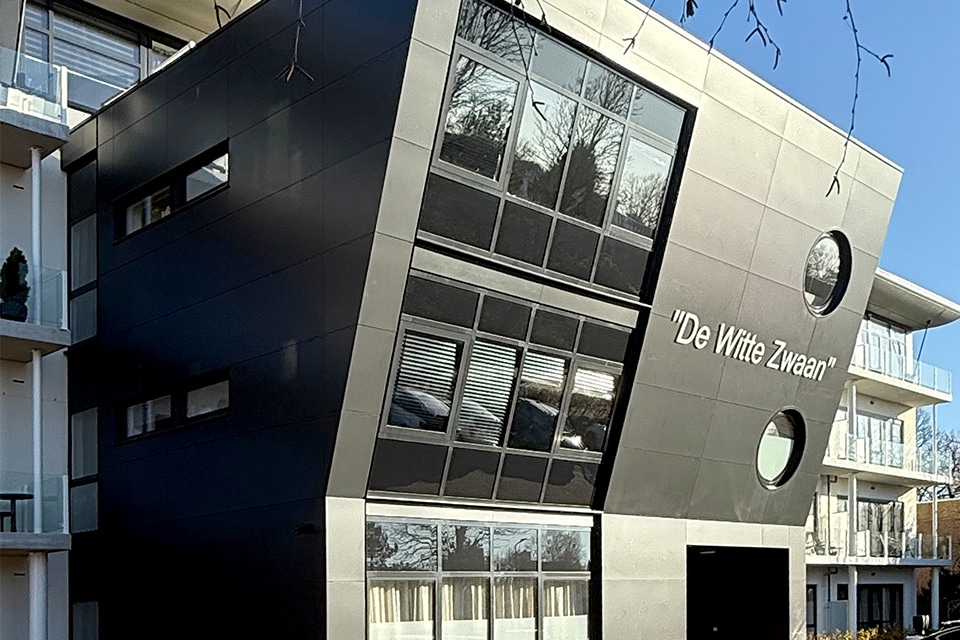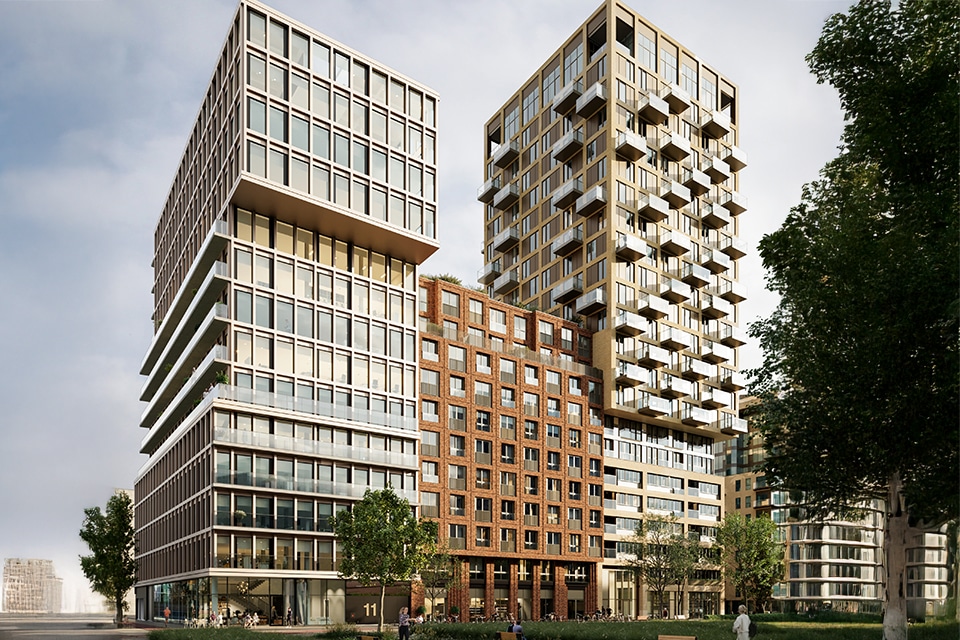
Bitumen roofing specialist bets high on sustainability and circularity
Protecting the environment today is no longer a choice, but a reality that everyone has to deal with. In an industry that has long worked with natural resources that are also finite, it is even more important to realize this, believes John Poppelaars, director of Derbigum Nederland BV. "The easiest way to reduce our ecological footprint is to maximize the lifespan of our products," he says. "But also by actively collecting bitumen and recycling it into new raw material, according to our 'No Roof To Waste' philosophy. Our Derbigum NT bituminous topcoat, which contains at least 25% of recycled content and can be recycled 100% at the end of its service life, is perfectly in line with this."
Derbigum specializes in bitumen roofing for flat roofs. "At first glance, bitumen and ecology may seem to have little in common, yet there is a connection," said Poppelaars. "Because although bitumen is a petroleum-based product, it is the most ecological solution for waterproofing flat roofs. Derbigum roofing membranes have a proven lifespan of at least 40 years. After that, they can easily be overlaid with an additional Derbigum NT bituminous top layer and thus face the next 40 years worry-free. At the end of this long service life, Derbigum roofing membranes integral and 100% can be recycled into high-quality raw material for new roofing membranes: Derbitumen. Our recycling process has a significantly lower environmental impact than bitumen production via natural gas extraction. Thus, we contribute to the circular economy in a unique way."

Full-fledged secondary raw material
Derbitumen is extracted from three waste streams, Poppelaars says. "We recycle our own production residues. In addition, we encourage our approved processors to collect their clean bitumen cutting residues in the Derbigum big bags provided for this purpose. We also collect old and suitable removed roofing membranes through various channels. Both from Derbigum and other manufacturers. The various waste streams are carefully processed at our recycling plant in Perwez, Belgium, after which they are reused in our production as full-fledged secondary raw materials. For example, for Derbigum NT; a bituminous roofing membrane based on New Technologies (NT)."
CO2 reduction certificate
Derbigum NT consists of at least 25% of recycled bitumen. The roofing membrane has two different reinforcements at the top, a glass fleece and a non-woven polyester, which ensure perfect dimensional stability, high load capacity and excellent tear and puncture resistance. The weight of the roll (25 kg) facilitates handling of the roofing membrane. For installation, processors have a choice of all the familiar methods: loose-laid, torched or mechanically fastened, with the overlaps being torched or hot-air welded. "For the production of Derbigum NT, we need fewer new raw materials," Poppelaars emphasizes. "Because the extraction, processing and transport of new raw materials are overcome, we emit significantly less CO2." How big this saving is, Derbigum Nederland BV shows for each project in a CO2 reduction certificate. "This makes it possible to include the CO2 reduction of roofs in a CO2 savings process, for example." The CO2 reduction calculation in validated by PWC.

Take-back guarantee
Derbigum NT is also KOMO-certified. From an environmental point of view, the bituminous top layer is also among the top environmental technologies and therefore also deserves the DUBOkeur® seal of approval. "With every completed Derbigum roof, we offer a take-back certificate / take-back guarantee, thus ensuring our circular ambition also in the future," says Poppelaars. "No Roof To Waste!"
Heeft u vragen over dit artikel, project of product?
Neem dan rechtstreeks contact op met Derbigum Netherlands B.V..
 Contact opnemen
Contact opnemen




